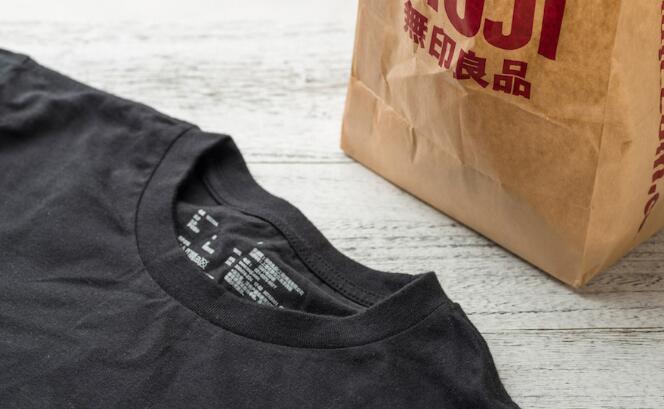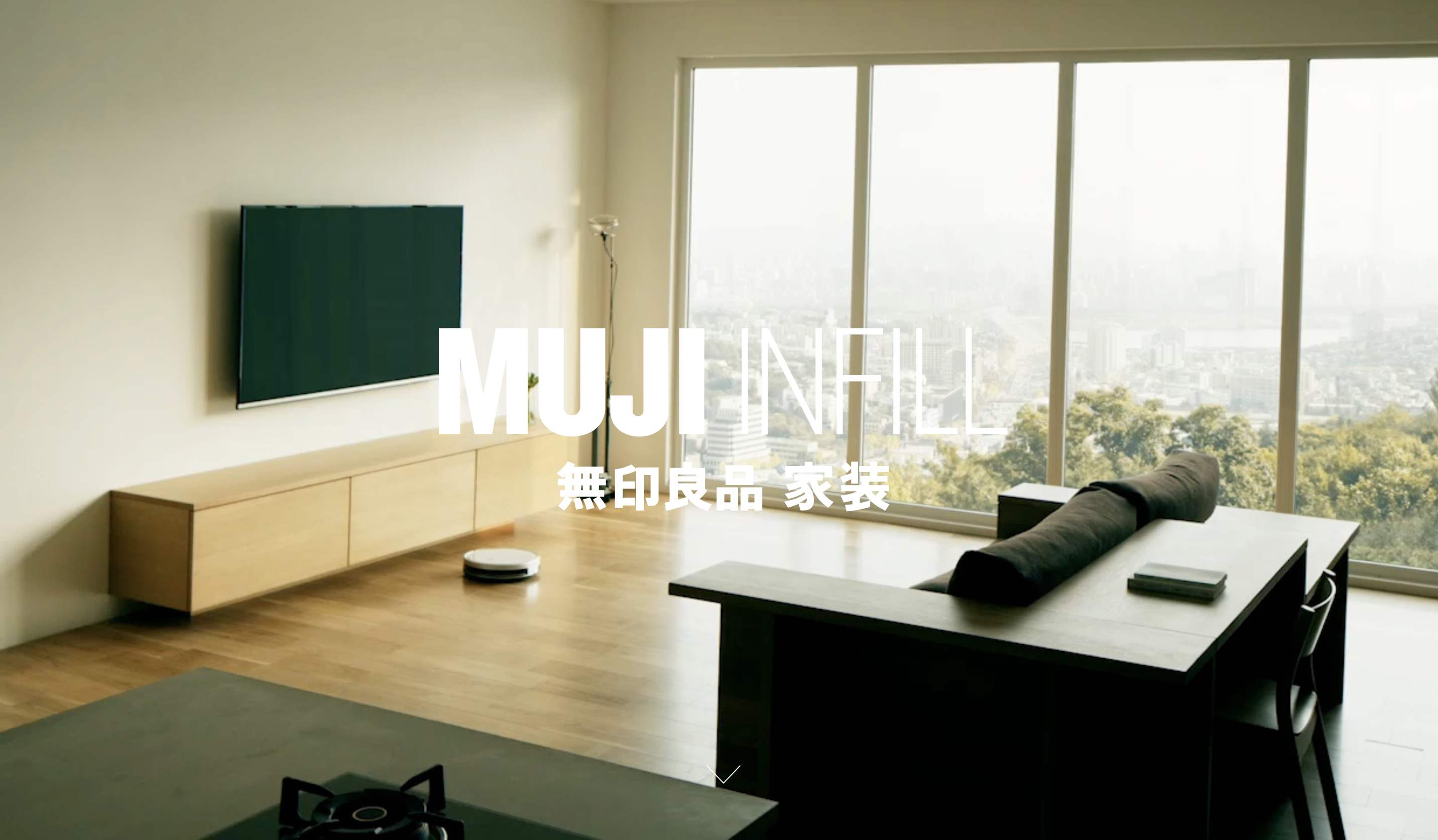Muji's Tenth Price Cut in China, Chinese CEO Resigns
On Friday, MUJI China said that after re-examining the prices of some of the star products of the brand, it hopes to deliver better products to Chinese consumers at a more reasonable price, so it has once again “new pricing”.

On Friday, MUJI China said that after re-examining the prices of some of the star products of the brand, it hopes to deliver better products to Chinese consumers at a more reasonable price, so it has once again “new pricing”.
The price reduction products are mainly concentrated in basic clothing products, including double-side gauze pajamas, men's and women's underwear, bra series, and some storage and living products, the price reduction is about 20%, and one of the aromatherapy machine is nearly 30% price reduction.
As of the end of March 2018, in the fiscal year of 2018, the company's Ryohin Keikaku Co. Ltd. (7453.T) company's good clothing sales accounted for 36.2%, grocery sales 54.7%, and food products 7.5%. In the first three quarters of the 2019 fiscal year, the three major categories accounted for 36.6%, 53.7% and 7.7% respectively.
After MUJI reaches 200 stores in the Chinese market, the bottleneck effect is obvious. The price of its daily necessities requires a price reduction and more products for Chinese consumers in the current macro economy.
In mid-November 2016, the opening of MUJI Hangzhou Binjiang Baolong City Store became the milestone and turning point of the brand in China. In the quarter, MUJI's comparable sales in China market only recorded a 0.8% increase, the lowest since 2011. However, with the price cut in 2017 and the rebound of the Chinese economy, MUJI has passed the one-and-a-half-year acceleration of growth, but the problems faced by the brand in the Chinese market are even more exposed in 2018.
Since the launch of the “new pricing” strategy in China in October 2014, MUJI will cut prices at the beginning, middle or end of the year, and from the current frequency, it is basically twice a year.
As early as the second quarter results announcement, many investment banks in Japan have been bleak for the prospect of China's MUJI, and believe that the brand faces many challenges in the Chinese market. Morgan Stanley MUFG Securities analyst Maki Shinozaki believes that MUJI's Chinese market is difficult to achieve same-store sales growth; UBS Securities Japan analyst Nozomi Moriya said that MUJI can only maintain its optimal price while maintaining its brand strength.
No Agency analyst Christina Ng said on Friday that if MUJI could not achieve organic growth in China, relying solely on new store support, its capital expenditures and falling profit margins caused by price cuts may make it more difficult for Japanese brands in the Chinese market.
(Source: JJgle.com)





 沪公网安备31010402003309号
沪公网安备31010402003309号



